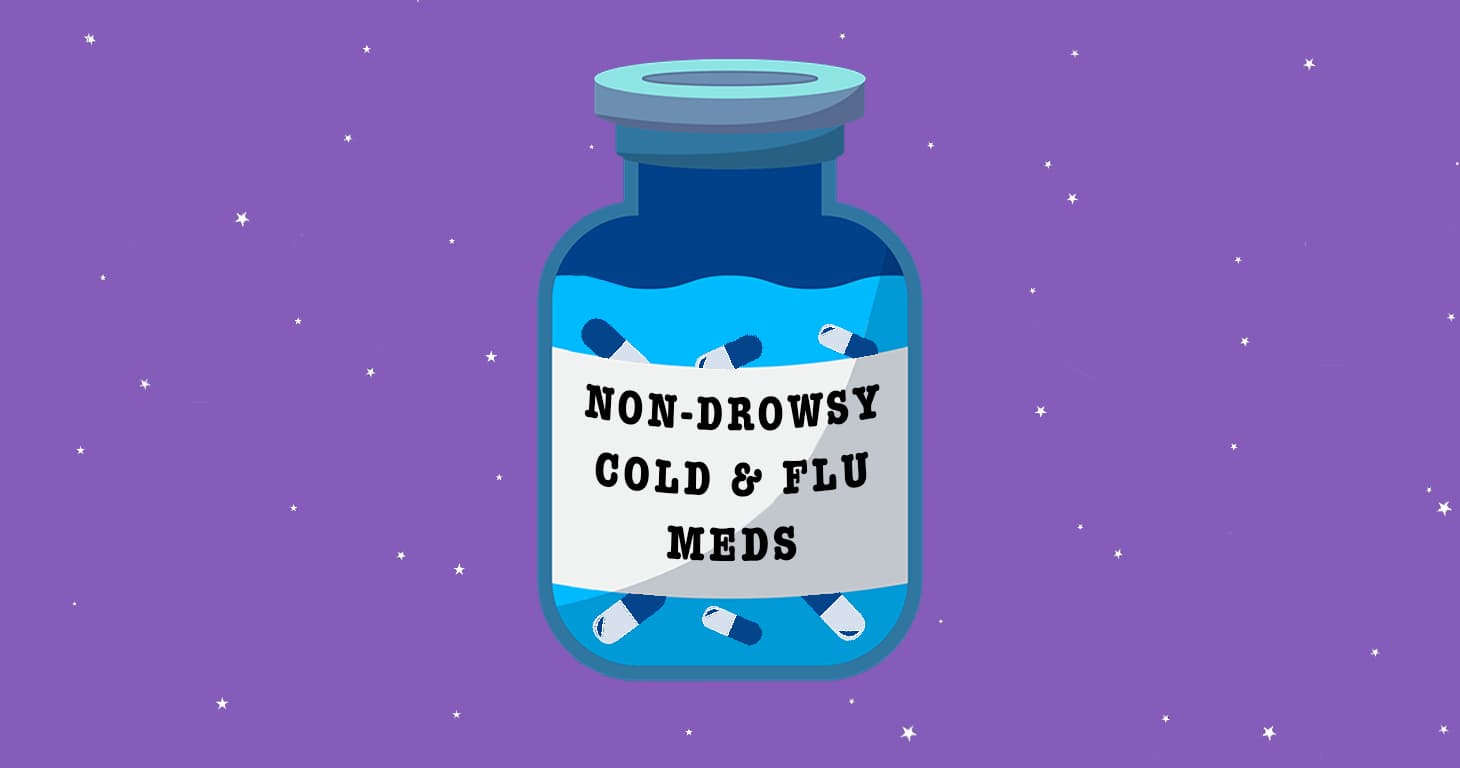
CATrends: OTC Cold and Flu Meds Falsely Marketed as Nasal Decongestants
An FDA panel’s recent findings has led to a flood of lawsuits.
This article highlights a trend in class-action litigation as identified by our Class-Action Tracker. Thus the name of this feature, CATrends.
Picture this: You’re in your local drugstore standing in front of a wall of pain relief products trying to decide which of the many bottles of pills will stop your headache the fastest, but the tremendous pounding in your head is impairing your ability to think. And then, as if out of a dream, you see it – “rapid release” gelcaps. Your prayers have been answered and you scoop up the bottle even though it’s more expensive than some of the other options assuming that in no time your headache will be gone with these fast-acting pain pills.
Not so fast.
According to a recent study, several over-the-counter pain pills with “rapid release” in their name dissolve, on average, about 30 seconds slower than cheaper non-rapid release products from the same manufacturer. One of the explanations given was the gelcap coating on the pills. When the gelcaps were removed, the study found that the pills dissolved as fast or faster than the uncoated tablets to which they were compared. These coatings serve many purposes, including making the medication easier to swallow, but appear to hinder quick dissolution, the study found.
The study is now at the center of three class-action lawsuits against Johnson & Johnson, Walmart and Rite Aid. The complaint against Johnson & Johnson, which was the first of the three to use the term “rapid release” in 2005, states:
Despite what J&J’s marketing and labeling would have consumers believe, the term “rapid release” does not actually mean that the drug works faster for consumers than non-rapid release products.
The products named in the three class-action complaints — which were all filed on the same day in November by the same group of lawyers — include Johnson & Johnson’s Tylenol Extra Strength Rapid Release Gels, Walmart’s Equate Extra Strength Acetaminophen Rapid Release Gelcaps, and Rite Aid’s Acetaminophen Rapid Release Gelcaps.
The study found that it took more than a minute longer for Rite Aid’s rapid release gelcaps to dissolve than its non-rapid release pain-relieving tablets, the largest difference among products tested.
Rapid release products from CVS and Walgreens were also tested. While Walgreens’ rapid release products performed similar to those now facing class-action litigation, it does not appear that the company has been sued. CVS’ rapid release pills actually dissolved faster than its non-rapid release tablets.
In response to a media inquiry by TINA.org, a Johnson & Johnson spokeswoman said evaluating gelcaps against uncoated tablets is “an apples to oranges comparison.” She added, “The benefit of a gelcap is that it provides consumers with an easy-to-swallow option. Tylenol Rapid Release Gels were developed to maintain the user experience of gelcaps, while improving the rate that the medication is released” compared to conventional gelcaps.
A Walmart spokesman told TINA.org, “The Equate brand acetaminophen rapid-release gel capsule label is truthful and accurate; it makes no comparative claims against other products and meets the standards to be classified as rapidly released or dissolving under applicable FDA Guidance.”
Rite Aid did not respond to a request for comment.
Find more of our coverage on products marketed for pain relief here.
An FDA panel’s recent findings has led to a flood of lawsuits.
Several products marketed as ‘non-drowsy’ contain an ingredient that causes drowsiness, lawsuits claim.
It’s the perfect formula for a class-action lawsuit trend.


